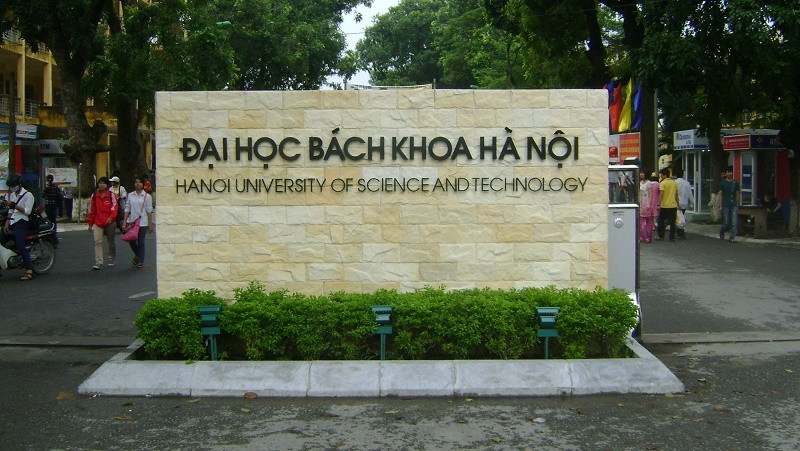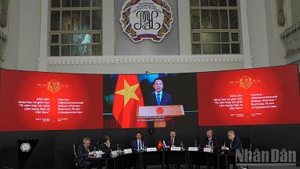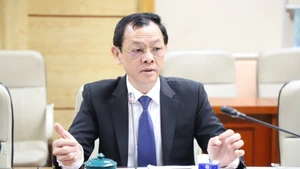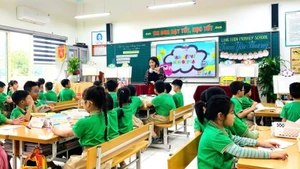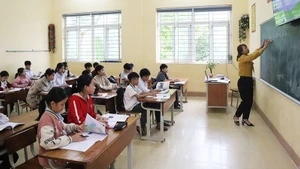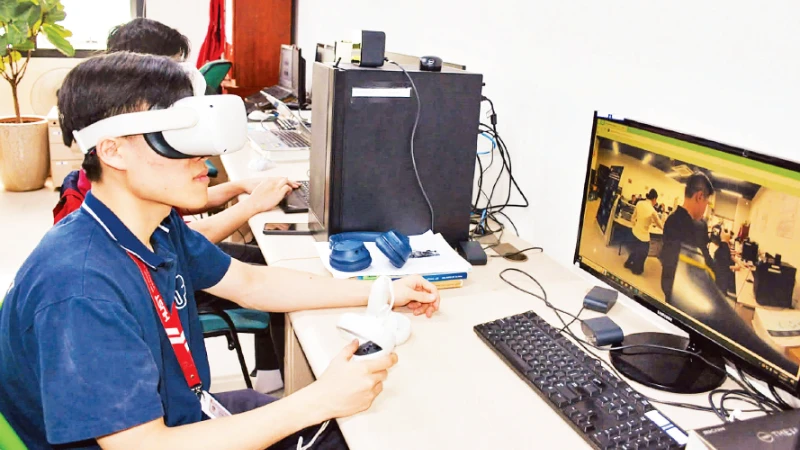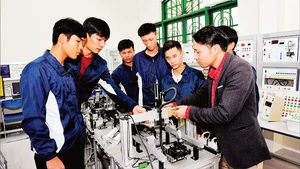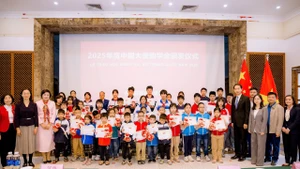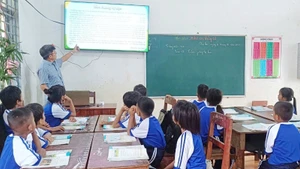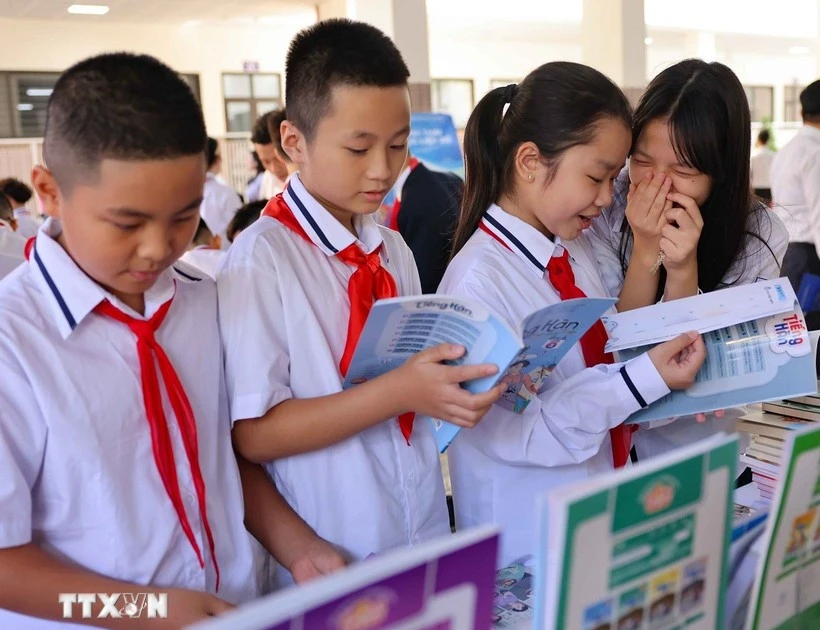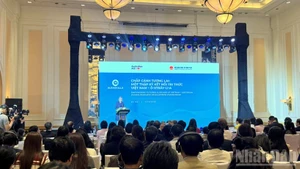More than 150,000 students and 3,900 academics will benefit from the investments made in the National University of Agriculture, the Hanoi University of Science and Technology, and the Industrial University of Ho Chi Minh City.
Some 600,000 students and 27,000 lecturers from other tertiary education institutions will also broaden their learning resources by gaining access to a digital library at the National Economics University.
Ousmane Dione, the World Bank Country Director for Vietnam, said the project aims to benefit students with different skillsets and competencies while further enhancing access to and the quality of higher education.
He said Vietnam’s advances in higher education are evident in student enrolment, which has increased 17 times since 1991, however the country still needs stronger growth in labour productivity and further significant shifts of the workforce to more productive sectors.
The World Bank project will support the financing of new facilities and equipment for teaching and research, as well as the strengthening of management systems.
Science and technology universities as well as research-oriented institutions will benefit from the project, allowing lessons to be generalised in order to fine-tune policies on autonomy and quality assurance for the universities.
Additional objectives of the project include support for the strengthening of the key components of higher education – such as the national accreditation system - as well as efforts to share the lessons learned by the beneficiary universities.
The project will also support policy analysis for sustainable financing and autonomy and the development of an information management system and a shared e-library system.
The International Development Association, the World Bank’s fund for low-income countries, will provide US$155 million, while the Vietnamese government will provide the remaining financing.
